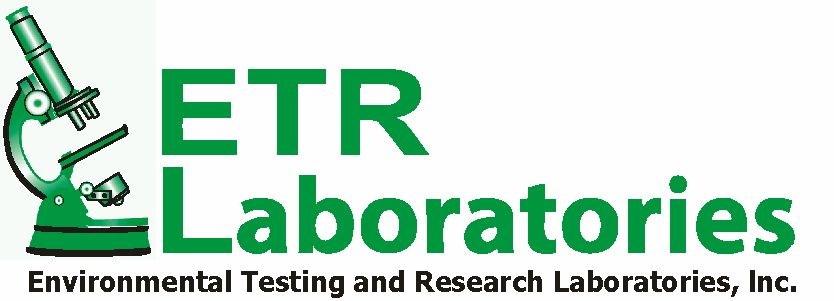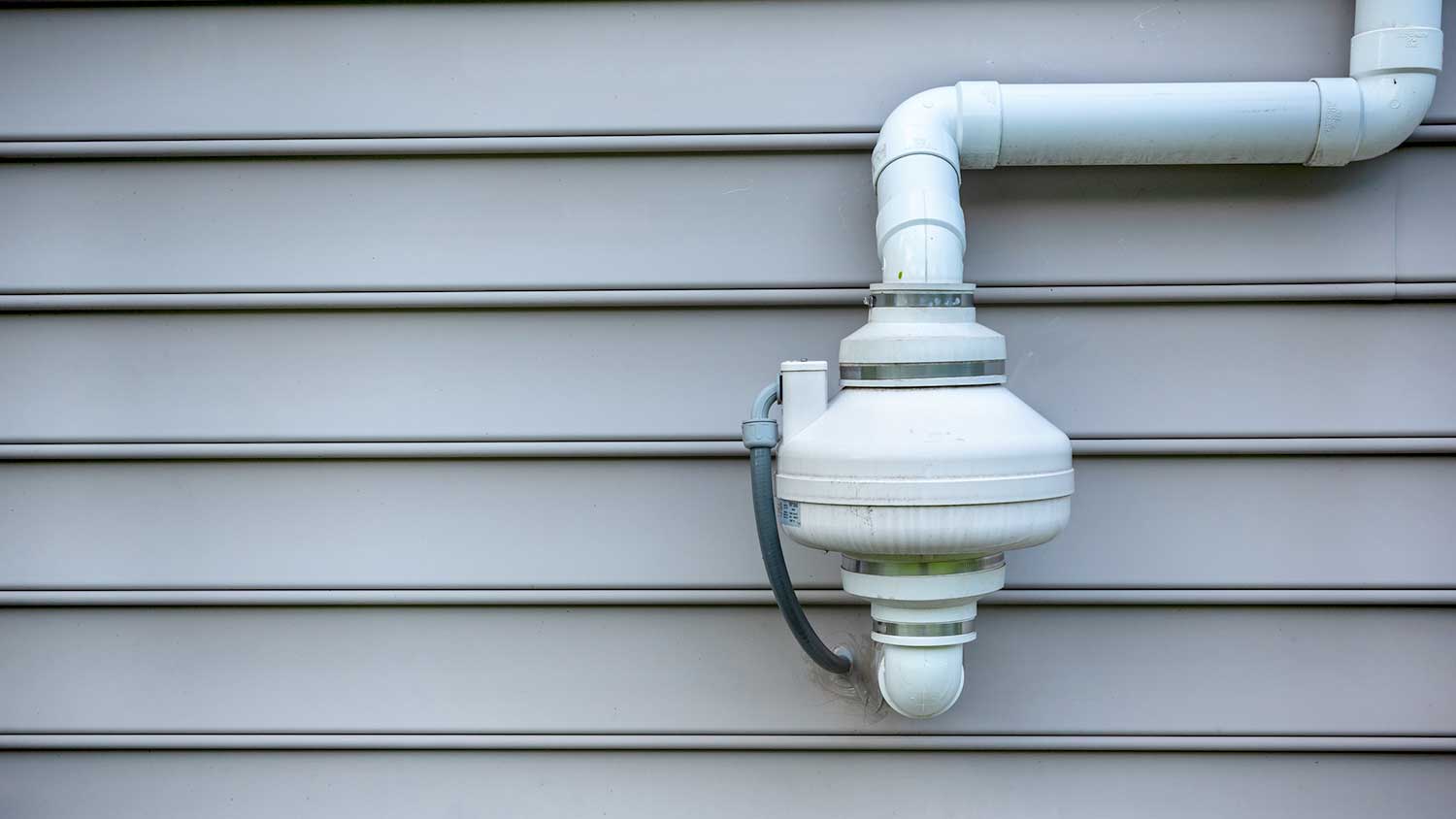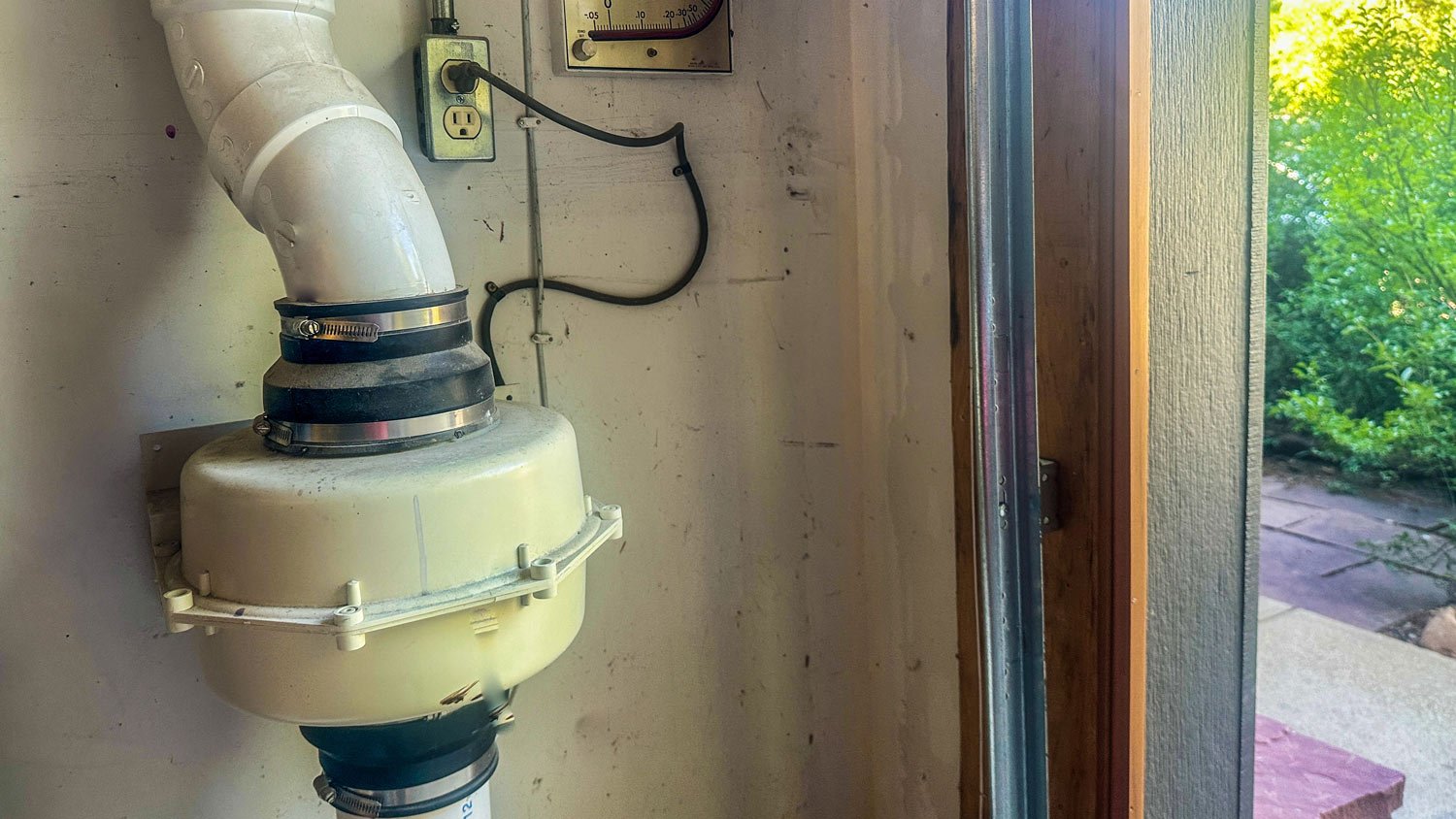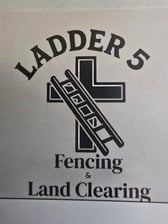
Get matched with top radon detection and reduction specialists in Naples, TX
Enter your zip and get matched with up to 5 pros
Need a pro for your radon detection and reduction project in Naples, TX?
Verified Reviews for Radon Detection And Reduction pros in Naples, TX
*The Angi rating for Radon Detection And Reduction companies in Naples, TX is a rating based on verified reviews from our community of homeowners who have used these pros to meet their Radon Detection And Reduction needs.
*The HomeAdvisor rating for Radon Detection And Reduction companies in Naples, TX is a rating based on verified reviews from our community of homeowners who have used these pros to meet their Radon Detection And Reduction needs.
Last update on January 19, 2026
Find Radon detection and reduction specialists in Naples

Environmental Testing & Research Laboratories, Inc
Environmental Testing & Research Laboratories, Inc
ETR Laboratories in an analytic laboratory with a broad range of commercial, industrial and individual clients. We provide analytic services using a wide variety of scientific methods including GC/MS, IC/MS, GIR, NMR and SEM equipment. We can do particle analysis, organic and inorganic chemical analysis and micro analysis on biological and other materials. Private water analysis is our specialty. Award winning. Additional DBA - Environmental Testing & Research Laboratories Inc, ETR Labs, ETR Laboratories.
"as advertised"
Nancy C on July 2018
ETR Laboratories in an analytic laboratory with a broad range of commercial, industrial and individual clients. We provide analytic services using a wide variety of scientific methods including GC/MS, IC/MS, GIR, NMR and SEM equipment. We can do particle analysis, organic and inorganic chemical analysis and micro analysis on biological and other materials. Private water analysis is our specialty. Award winning. Additional DBA - Environmental Testing & Research Laboratories Inc, ETR Labs, ETR Laboratories.
"as advertised"
Nancy C on July 2018
The Naples, TX homeowners’ guide to radon detection and reduction services
From average costs to expert advice, get all the answers you need to get your job done.

Get clear answers on how much radon remediation costs, including average prices, key cost factors, and tips to save money on your home’s radon mitigation.
 •
•Find out what impacts radon testing costs, including average prices for DIY kits and professional services, so you can protect your home and budget confidently.
 •
•Discover the average indoor air quality testing cost, what impacts pricing, and how to budget for healthier air in your home.

How long does a radon fan last? Depending on the quality of the fan, usage, and maintenance, a radon fan can last five to ten years.

Knowing how to test for radon will keep your home free and safe from this odorless gas—you just have to decide whether to do it yourself or hire a pro.

Radon is a radioactive gas that can enter a home from the ground. Prepare yourself for mitigation by answering these questions before hiring a pro.
- Roofing in Naples
- Tree Service in Naples
- Electrical in Naples
- Septic Tank in Naples
- Kitchen And Bath Remodeling in Naples
- Painting in Naples
- Chimney Sweep in Naples
- Land Surveying in Naples
- Fencing in Naples
- Gas Leak Repair in Naples
- Plumbing in Naples
- Exterior Painting in Naples
- Garbage Collection in Naples
- Deck Maintenance in Naples
- Contractor in Naples
- Lawn And Yard Work in Naples
- Floor Cleaning in Naples
- Driveways in Naples
- Carpet Cleaning in Naples
- Flooring in Naples
- Fireplaces in Naples
- Dumpster Rental in Naples
- Moving in Naples
- Lawn Mower Repair in Naples
- Handyman Service in Naples
- Pest Control in Naples
- Foundation Repair in Naples
- Cleaning in Naples
- Insulation in Naples
- Glass And Mirrors in Naples
- 🌱 "Mow a small front yard"
- 🛠 "Fix a leaking pipe under the sink"
- 🏠 "Repair shingles on an asphalt roof"



